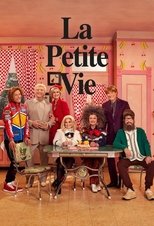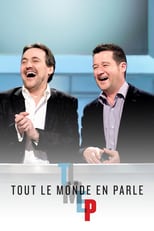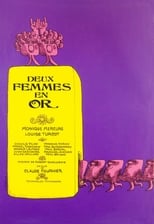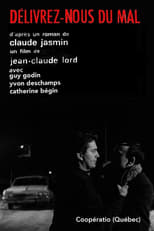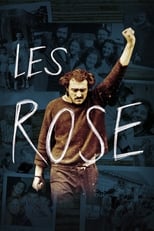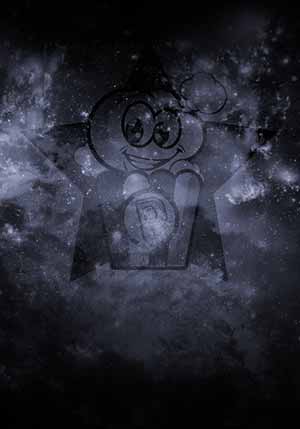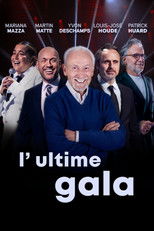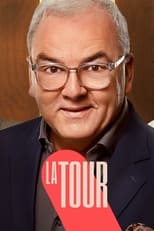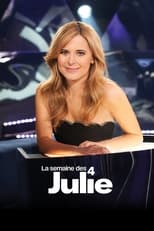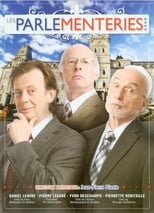Yvon Deschamps
¿Quién es Yvon Deschamps?
Yvon Deschamps was born in Montreal's working-class Saint-Henri district. He left school in 1951, after Grade 11, and in 1953 found work in the record library at Radio-Canada's new television service. It was at Radio-Canada that Deschamps discovered the performing arts; after attending a boulevard theatre piece starring Georges Groulx and Denise Pelletier, he added a taste for the theatre, and enrolled in acting classes with François Rozet and Paul Buissonneau. He took the stage for the first time in 1957 at the Théâtre universitaire canadien, playing Pylade in a production of Jean Racine's Andromaque.
In 1959, Deschamps was part of La Roulotte, Paul Buissonneau's travelling children's theatre. The following year he married Mireille Lachance (the two would divorce in 1967). In 1961 he became friends with Claude Léveillée, becoming his drummer, even though the man had actually never played the drums before. In 1963 he formed a company with Léveillée and several other artists at Buissonneau's Théâtre de Quat'Sous. In 1965 he played his first film role in Jean-Claude Lord's Deliver Us from Evil (Délivrez-nous du mal), although the film was not released theatrically until 1969.
That same year Deschamps left his short career as a musician behind and opened Le Fournil, a restaurant in Old Montreal, followed by Saint-Amable in 1966. Both would end up bankrupt a few years later, but while they were open Deschamps hosted his Boîte à Clémence, a boîte à chanson hosted by Clémence DesRochers, participating in the Le monde sont drôles (People are Funny) and Sois toi-même(Be Yourself) shows which opened there in 1967. The latter played a special role in his career, because that is where the Yvon Deschamps "character" and his "good boss" role appeared for the first time:)
In the winter of 1968, finding himself broke and occasionally sleeping on friends couches with new girlfriend Judi Richards, Deschamps took a job at the Quat'Sous offered by his friend Buissonneau. Buissonneau had just lost Michel Tremblay's celebrated play Les Belles-sœurs to the Rideau Vert theatre, and was looking for a play to finish the season with.
Deschamps proposed a musical review to Louise Forestier and Robert Charlebois with Mouffe on board, and very little rehearsal time. The result would be known as L'Osstidcho (L'hostie de show or "The freaking show"), a show that would revolutionize Quebec song. Inspired by Arlo Guthrie's Alice's Restaurant, Deschamps made his first real monologue part of the review when Robert Charlebois did not want to learn his lines for the dialogue (he decided to strum the guitar instead). In Les unions, qu'ossa donne? (Unions, What are they Good For?), Deschamps played a naïve worker extolling the great generosity and good-heartedness of his boss, making it clear that reality was not quite so rosy. ...
Source: Article "Yvon Deschamps" from Wikipedia in English, licensed under CC-BY-SA 3.0.
Trabajos destacados
Géneros más habituales en las películas de Yvon Deschamps
Géneros más habituales en las series de Yvon Deschamps
Compañeros de trabajo recientes de Yvon Deschamps
Las imágenes y retratos de actores o actrices mostrados en este sitio web son obtenidos de la base de datos de The Movie Database (TMDB). En el caso de que alguna imagen o fotografía sea incorrecta, ofensiva o infrinja derechos de imagen, puede ser editada o eliminada de TMDB, lo que resultará en su eliminación correspondiente en este sitio. En última instancia, los usuarios también pueden utilizar el formulario de contacto ubicado al pie de la página para solicitar la corrección o eliminación de cualquier contenido.
The images and portraits of actors or actresses displayed on this website are sourced from The Movie Database (TMDB). In the event that any image or photograph is incorrect, offensive, or violates image rights, it can be edited or removed from TMDB, subsequently ceasing its display on this site. As a final recourse, users may also utilize the contact form located at the bottom of the page to request the correction or removal of any content.
